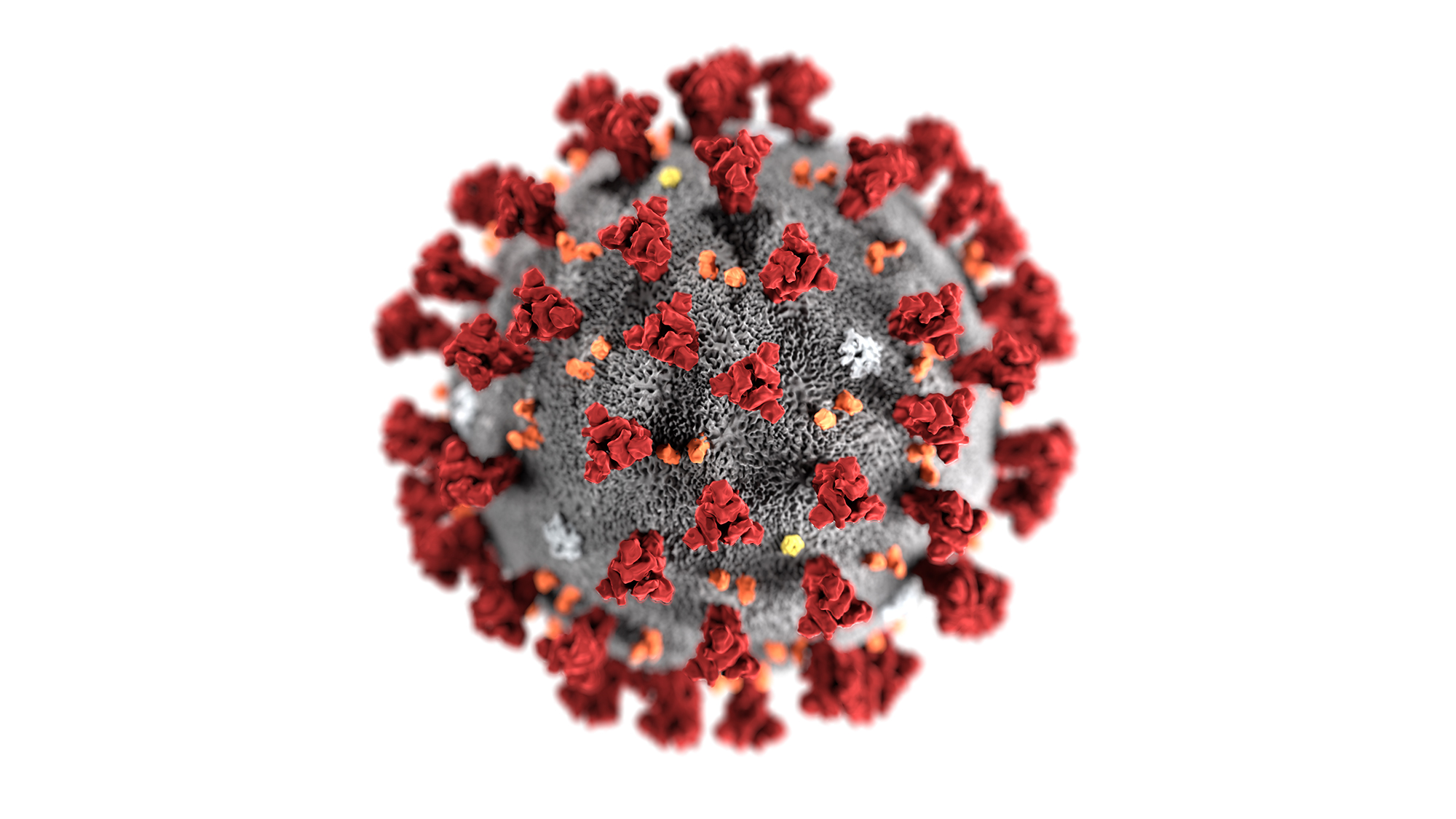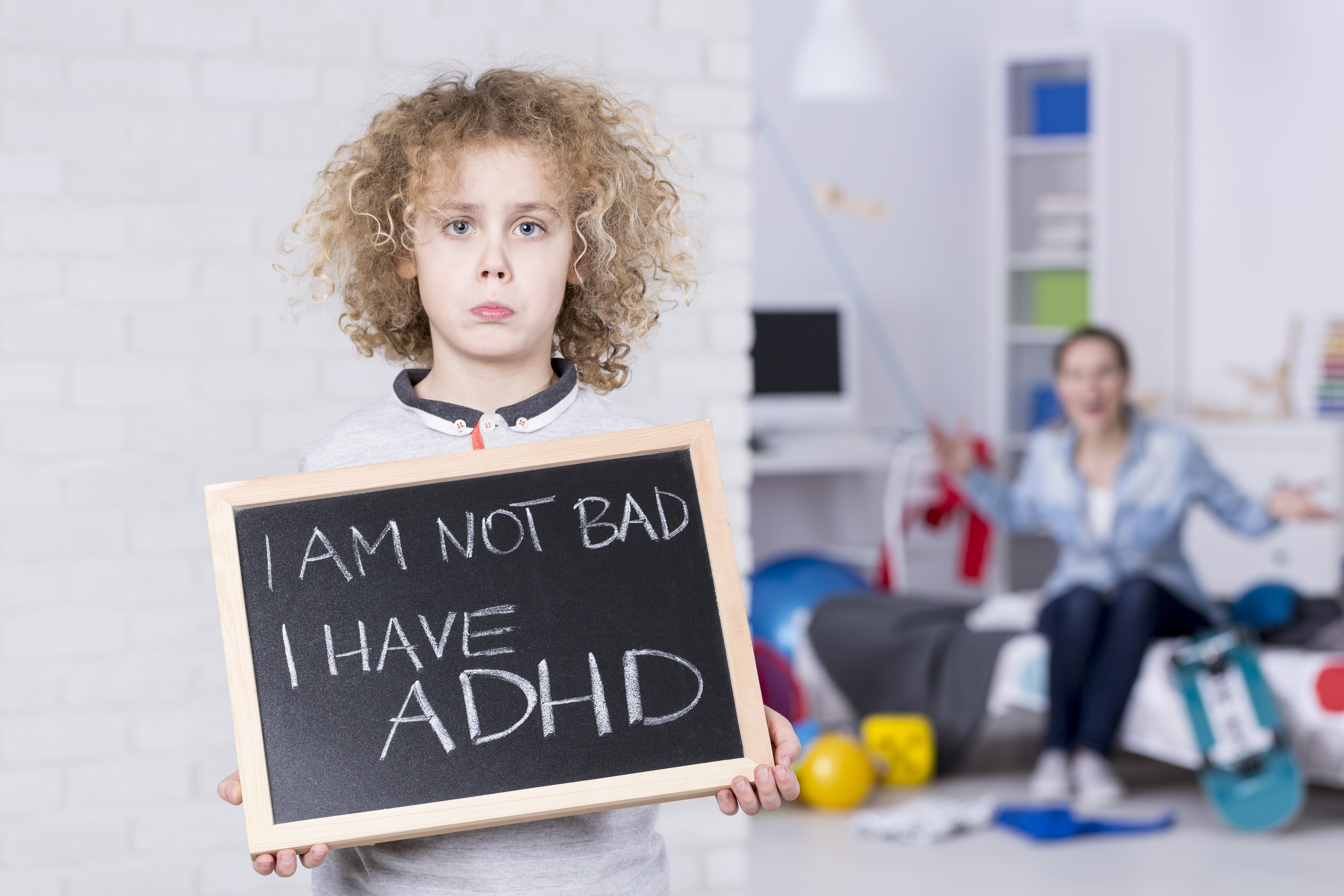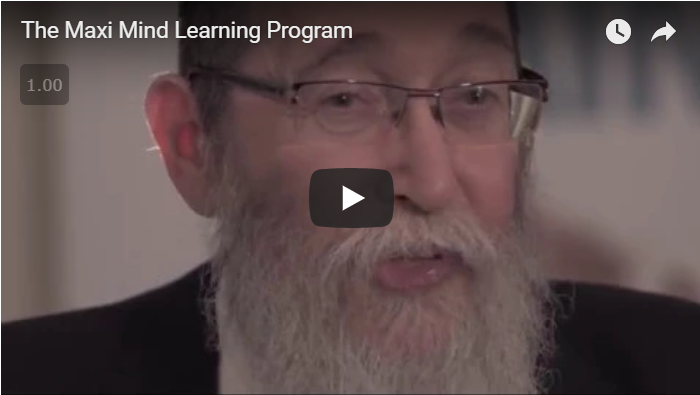Some call it an “ADHD epidemic”. Others say that it’s a case of ADHD over-diagnosis.
Whatever the reason, the 21st century has seen an unprecedented spike in the reported cases of ADHD in children. While Canadian ADHD diagnosis rates are not tracked as closely as they are in the U.S., south of the border the rate of school children diagnosed with ADHD has almost quadrupled since 1997, from 3% to 11%.
And there is at least some evidence to fuel the debate over whether the higher rates reflect a true increase in the incidence of ADHD, or they are merely a symptom of over-diagnosis.
- 16% in North Carolina, 6% in California
One study of the rise in ADHD diagnosis rates found that, in 2007, children in North Carolina between the ages of four and 17 had a diagnosis rate of 16%, which was almost 50% higher than the national U.S. rate at the time and 250% higher than the 6% rate in California.North Carolina was one of the first states to adopt school accountability laws. Those laws penalize schools that miss academic targets for graduation rates and test scores; and rewards schools who meet or exceed them.
- December & ADHD
A University of British Columbia study released in 2012 found that children born in December, close to the cut-off date for entry into school each year, were almost 40% more likely to be diagnosed with ADHD than their classmates born 11 months earlier in the same year. Researchers credit the “relative age effect”, where younger children in each school year are at a disadvantage academically and athletically mainly because they are almost a year younger than some of their classmates, not because they necessarily have ADHD. - ADHD Drug Advertising
With messages like “better test scores at school” and “more chores at home”, ADHD drug advertising is at a fever pitch trumpeting benefits that go far beyond the treatment of ADHD or its symptoms; to an audience whose children and patients may not have ADHD.
Over Diagnosis and the Self-Perpetuating Symptoms of ADHD Medication
While the sometimes disastrous side-effects of ADHD drugs are becoming better known, their hidden effects are not.
Yes, ADHD medications can reduce some symptoms. But the problem of over-diagnosis means many children who do not actually have ADHD, but exhibit some similar symptoms, are being prescribed powerful drugs unnecessarily. When they stop taking the drugs and the “ADHD symptoms” return, it’s used as proof that: a) they have ADHD and b) the drugs work. Neither of which are necessarily true.
So the apparent incidence of ADHD, and the drug company’s profits, are both increasing exponentially, often at the expense of the of our children’s health, whether or not they have ADHD.
Learn more about powerful, safe, effective and drug-free approaches to control or even eliminate ADHD symptoms. Call Maxi Mind Learning Centres at 416-858-9868 today for a free initial consultation. A Maxi Mind solution can be customized to suit your child’s needs and your family’s budget.
Sources:
http://www.macleans.ca/authors/kate-lunau/is-adha-a-mental-health-crisis-or-a-cultural-one/
https://www.psychologytoday.com/blog/saving-normal/201402/how-parents-can-protect-kids-the-adhd-epidemic






